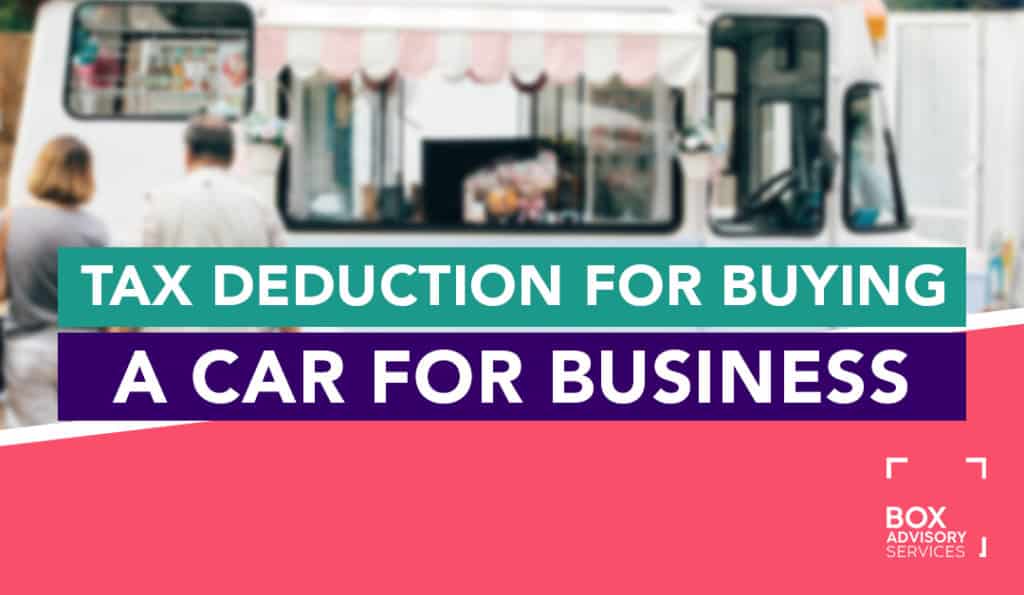
BY
|
Boost Your Savings with New Technology and Skills Development Deductions
Any well-established business owner will tell you that investing in your employees’ skills and development is a critical factor in achieving success in your business. It encourages employee engagement, boosts an organisation’s overall productivity, and equips personnel with the knowledge and tools necessary to remain competitive in a rapidly changing environment.
The same can be said about using technology to advance your business processes. Technology is fundamental to streamlining operations since it helps businesses become more efficient and productive. With technological advances, companies can increase their output with fewer resources and reduce costs.
The good news for Australian small business owners is that they can now implement skills development programmes and upgrade their technology while benefiting from a tax deduction boost.
Here’s how you can spend $1,000 and claim a $1,200 tax deduction.
1. What are the Two New Investment Boosts?
The Australian government recently presented two new investment boosts during the Federal Budget for 2022-23 to small and medium businesses with an aggregated annual turnover of less than $50 million:
- Skills and Training Boost
- Technology Investment Boost
The Australian Taxation Office (ATO) has designed these new investment boosts – which allow business owners to benefit from a 120% deduction for training and technology costs – to support businesses as they navigate the current economic landscape. The idea is to encourage them to invest in their business’s future growth through their staff and technological infrastructure.
2. How Does the Skills and Training Boost Work?
The Skills and Training Boost for small business owners in Australia is an initiative by the government that seeks to provide financial assistance to businesses with employees who require training services.
This program provides small businesses with a 120% tax deduction on their employees’ training expenses, providing that business owners source them from eligible providers and meet specific criteria and that the purpose of the training is generating more profit.
The Skills and Training Boost will be available from 29 March 2022 until 30 June 2024 and is claimable when filing the 2023 tax return.
You must provide eligible training programmes to employees in Australia or online, delivered by registered entities such as:
- The Australian Skills Quality Authority (ASQA)
- Tertiary Education Quality and Standards Agency (TEQSA)
- Victorian Registration and Qualifications Authority
- Training Accreditation Council of Western Australia.
It’s also important to note that some exclusions apply, including that businesses can’t claim a tax deduction for in-house or on-the-job training provided by business associates. You’ll also not be eligible to claim the deduction for anyone other than employees. In other words, if you provide training to non-employee business owners such as sole traders, partners or contractors, you won’t have access to the tax deduction boost.

3. How Does Technology Investment Boost Work?
The Technology Investment Boost supports small businesses by allowing them to claim an extra 120% deduction for eligible digital adoption expenses. The government has designed this incentive to help businesses transition towards a digital future, aiming to improve their competitiveness and capabilities in the global market.
The additional 20% deduction applies from 29 March 2022 until 30 June 2023, enabling businesses to claim a maximum deduction of $100,000 per income year or up to $20,000 on any particular purchase.
To be eligible for the incentive, business expenditure must be largely or wholly dedicated to digital operations or digitising their processes. This includes portable payment devices, cyber security systems, or cloud-based services.
And if the expenditure is on a depreciating asset, you must first use or install the asset ready for use by 30 June 2023 to benefit from this boost.
In addition to various depreciable assets, examples of other assets that qualify for the boost include:
| Digitising operations | Digital media and marketing | E-commerce |
| Computer and telecommunications hardware and equipment (such as new laptop charges) Software (such as automated payroll) Systems and services that form and facilitate the use of computer networks | Audio and visual content that you can create, access, store and view on a range of digital devices such as YouTube videos and Google Ads | Expenditure supporting digital orders or platforms that enable online transactions such as e-commerce transaction fees |
It’s also worth noting that if you use the technology for business and private purposes, the bonus deduction will only apply to the use that directly relates to assessable income.
As with the bonus deduction for skills and training investment, there are a few exclusions you need to keep in mind:
- Expenditure that forms part of traditional stock
- Salary or wages
- Depreciating assets that you sell while the bonus deduction is available
- Capital works
- Interest or financing costs
- In-house software allocated to software development pool

4. Key Takeaways
Small businesses play a crucial role in the Australian economy, contributing significantly to innovation, employment opportunities and economic growth. The government recognises the critical importance of small businesses through multiple initiatives, ranging from tax incentives to grants and other funding programs.
One particular incentive that benefits small business owners is the technology and skills development deductions.
This tax incentive allows eligible businesses to claim an additional 20% deduction on already 100% deductible items such as technology equipment or software used for business purposes. In addition, deductions are also available for expenses business owners incur on skills and training programs designed to support employees’ development and enhance their performance in the workplace
There are various qualifying factors, so you should consult an accountant to make sure you meet all the eligibility criteria. A qualified accountant will also be in the best position to help you maximise all the other small business tax incentives.
However, do note that as of December 2022, these measures are not yet law, however there is a high probability that these measures will be legislated.
At Box Advisory Services, we strive to provide our clients with comprehensive support beyond preparing annual returns or conducting audits. Our expert team of accountants will work closely with you to give sound advice on various matters, such as tax structuring, cash flow analysis and other financial analysis techniques, working to maximise your tax savings while optimising your profit margins.
Book a consultation today if you would like to learn more about how we can help your business succeed.



